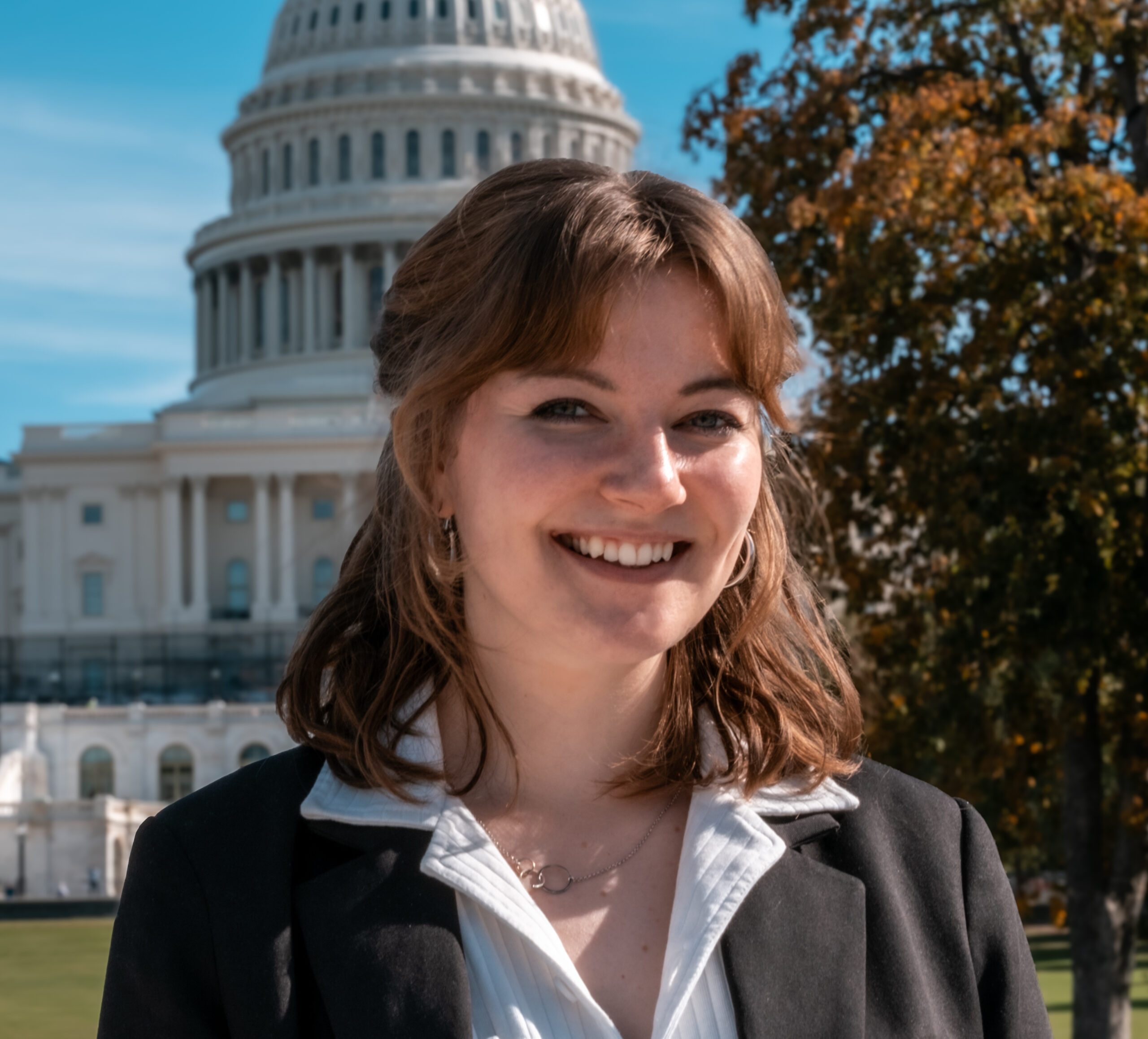Building Trust in Vaccines with Education
Education and building trust for vaccines around the world, primarily in communities with less information and access, is crucial to ensure that everyone, everywhere has a shot at life. On this International Education Day, we take a moment to reflect on education's role in #VaccinesForAll.

“Education is a human right, a public good, and a public responsibility.”
United Nations Educational, Scientific and Cultural Organization (UNESCO)
The United Nations General Assembly proclaims January 24th as International Day of Education, calling attention to the essential role of education in peace and development, as well as health.
One of the most pervasive and difficult challenges faced while trying to achieve vaccines for all is misinformation. Vaccine myths run rampant in today’s world, posing a massive threat to reaching the globe’s most vulnerable communities with lifesaving immunizations. The first step to providing vaccine access is ensuring that members of the community are receptive and willing to be immunized. Even though widespread immunization has led to significant decreases in serious illness and death, many are still hesitant to get vaccinated due to myths, a lack of accurate information, and so forth.
The best way to combat this? Education.
There are countless instances of how community-wide education in vulnerable areas helps boost vaccination uptake, effectively protecting entire communities from vaccine-preventable diseases.
One such example can be seen in rural Zimbabwe, where limited access to health facilities and a lack of understanding about the necessity of routine immunization stand as significant barriers to children’s health to this day. In Chipinge, health workers are transforming attitudes towards childhood vaccinations by going door-to-door and educating residents in the area.
One of these health workers, Memory Muchuwa, says “generally, there has been a low uptake due to myths and religious beliefs, but that has improved since health workers have been deployed door to door… most of them [community members] now religiously adhere to immunization of their children.” The effects of these health workers’ vaccine education campaigns are felt at a large scale and described as “life-changing for the community” by local leaders.
One local leader in the Buhera district says that “we realized that knowledge is power as the health workers gave us information that changed our mindset, especially on routine immunization.” This shift in sentiment that arose from learning more about the importance of vaccines has made health service delivery to children significantly more stable, according to the community organization Platform for Youth and Community Development.

Similarly, UNICEF-supported community health workers play a vital role in Pakistan, working to educate local families on the importance of vaccines to combat polio. These health workers are often mothers or caretakers who have seen firsthand the positive ripple effects of routine immunization, challenging societal norms in a culture where it is generally frowned upon for women to speak to strangers. Despite the immense challenges, Pakistani health workers persevere to fight deeply rooted misconceptions and instill trust in vaccines. This work plays a massive role in increasing vaccination rates, protecting children and families against deadly diseases like polio, and shifting societal attitudes as we approach the finish line for polio eradication.
Education and building trust for vaccines around the world, including in the most vulnerable communities, is essential to ensure that everyone, everywhere has a shot at a healthy life. To learn more and join the fight for global immunization, visit https://shotatlife.org/take-action/ today.

